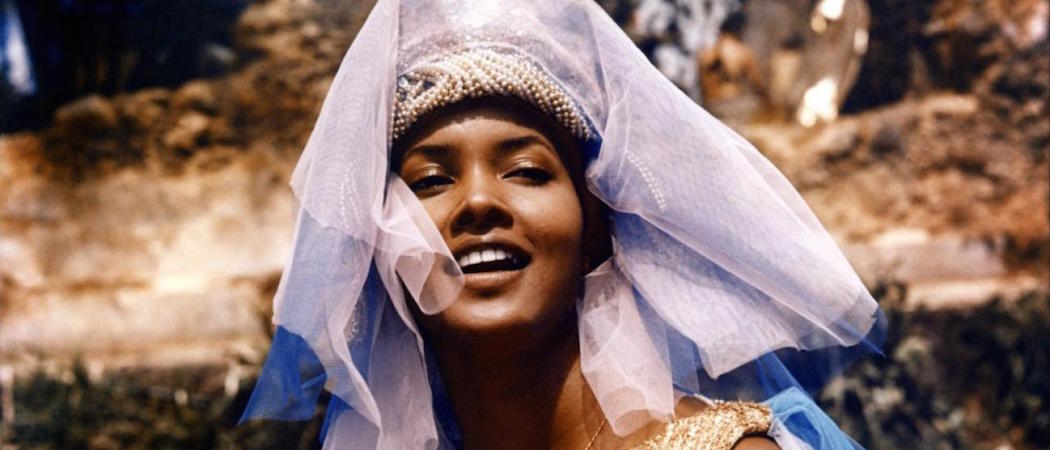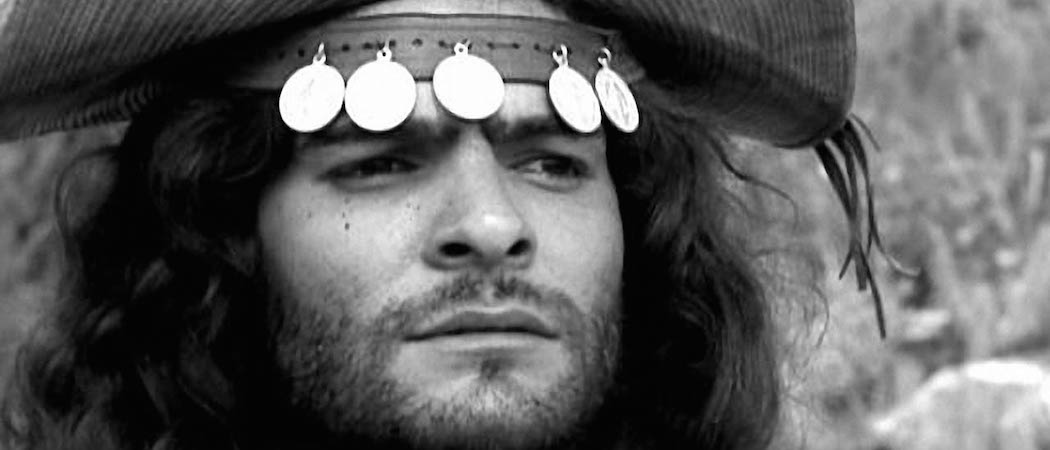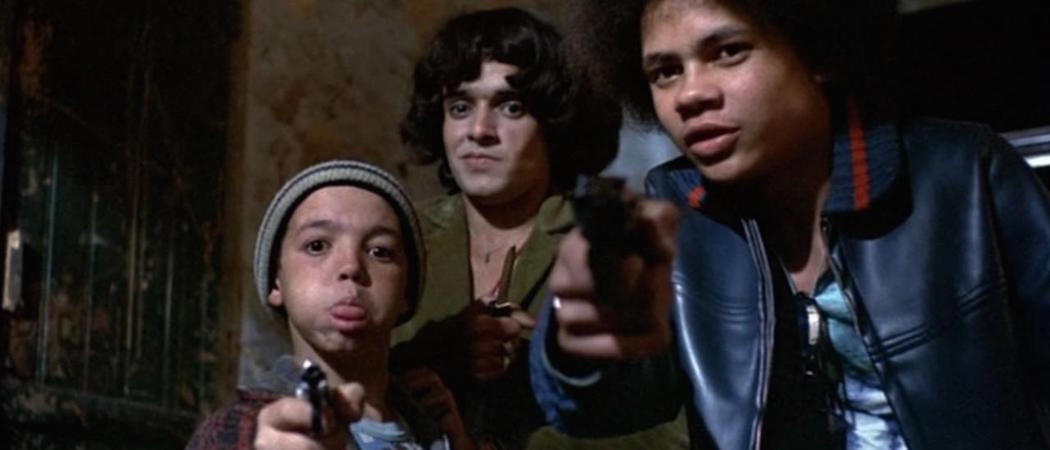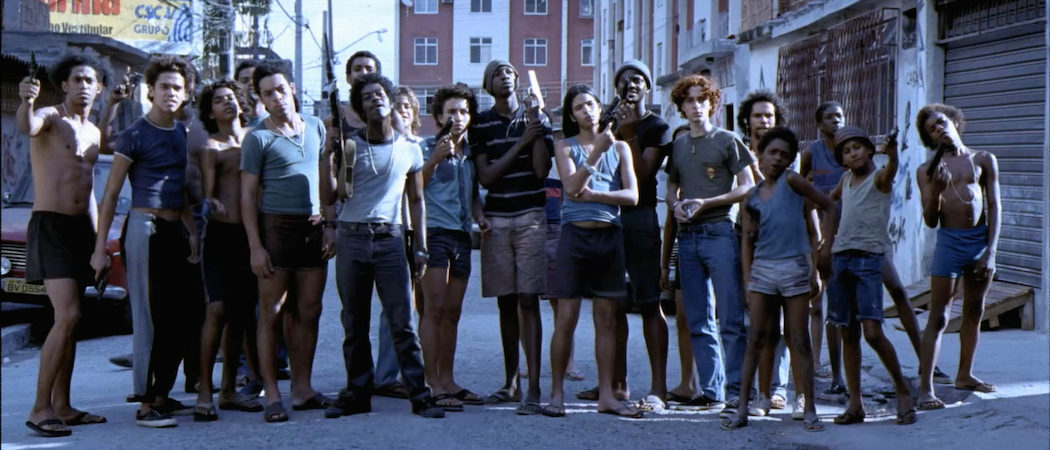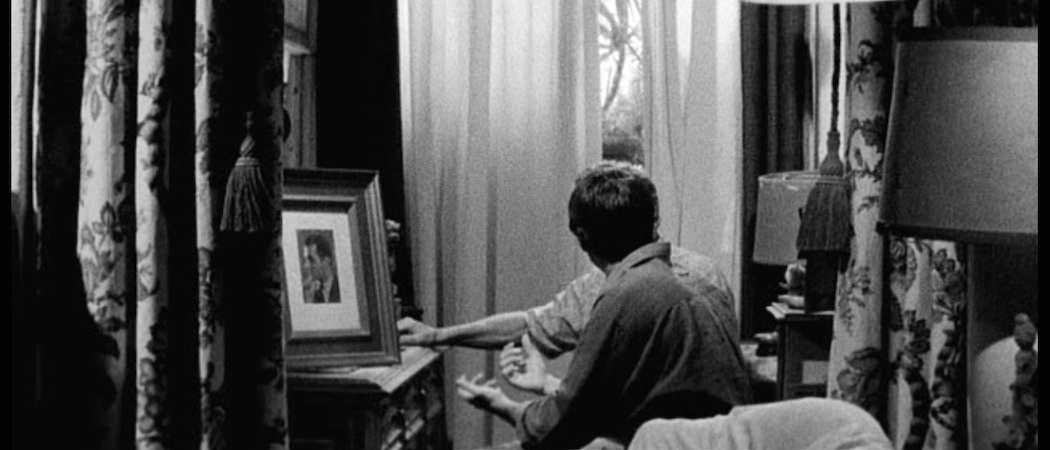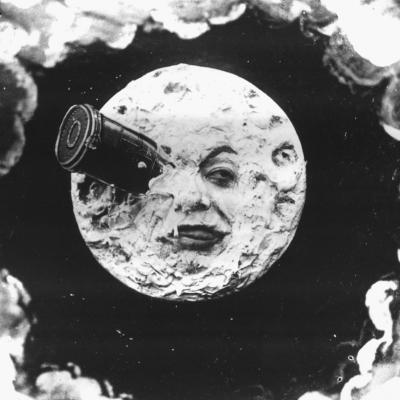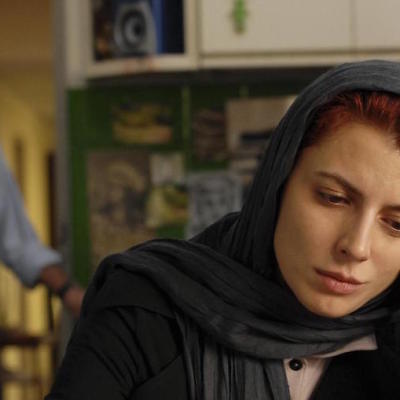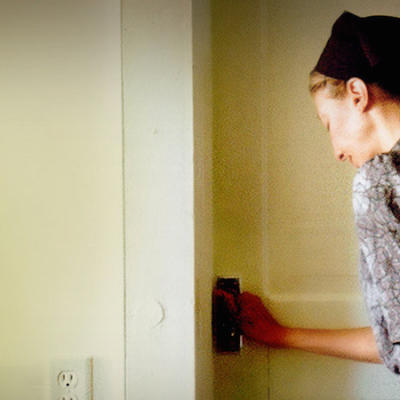Following the Opening Ceremony of the 2016 Olympic Games in Rio, the world’s spotlight is keenly focused on Brazil. What you may not know about Brazil is that it has a rich, eye-opening and unique cinematic history that is well worth exploring. Take a look at these five essential Brazilian films.
Black Orpheus (1959)
Aside from City of God (more on that later), this may be the film best known to audiences outside of Brazil. It was directed be a French man (Marcel Camus) and stars an American woman (Marpessa Dawn) alongside a Brazilian non-actor (footballer Breno Mello), but this re-telling of the Greek myth of Orpheus and Eurydice is rife with the atmosphere of Brazil. One of the best things about it is the soundtrack by Antônio Carlos Jobim and Luiz Bonfá, which infuses the otherworldly heartbreak of the story with just the right amount of longing.
Black God, White Devil (1964)
Glauber Rocha is the radical of Brazilian cinema. His films are staunchly political and aggressively uncompromising. His masterpiece Black God, White Devil (or Deus e o Diabo na Terra do Sol – God and the Devil in the Land of the Sun) is one of the key films of the “Cinema Novo” movement. The movement favoured intellectualism and urgent social messages, in stark contrast to the Brazil’s history of musicals and comedies. This incredible, symbolically rich film is violent and disorderly, as well as unbendingly sacrilegious.
Pixote (1980)
Pixote may be the most realistic docudrama of all time. The film deals with the heavy corruption of police, and their complicity with organised crime, with the focus being the street children who are often their tools. Fernando Ramos da Silva, who met a grisly fate around half a decade after the film was released – the details of which are still hazy, played the titular character. What Pixote makes clear is the plight of marginalised people in Brazil, upon which it gazes with great sorrow and pity.
City of God (2002)
City of God is widely considered one of Brazil’s all-time best films. Through the central character of Rocket (Alexandre Rodrigues), a young man living in the titular slum, who aims to work as a photographer, the film explores the determinedness of the human spirit. The restless, heavily stylised film is a gripping narrative full of frightening exchanges of power, violence, tense confrontations, and tender moments of friendship and camaraderie. City of God’s high octane narrative provides a shock, but that shock ends in elation and optimism.
Santiago (2007)
The gentle reminiscence of the documentary Santiago was filmed in 1992, but didn’t see release until 2007. Director João Moreira Salles made the film about the titular man, who used to work for him and his parents as a butler. The story of the eccentric and self-determined man is told with striking black-and-white footage, with the director using his utterly unique story as a jumping-off point to discuss memory and identity, as well as meta-textually comment on the very role of documentary film. It is a stunning and endlessly fascinating work.
